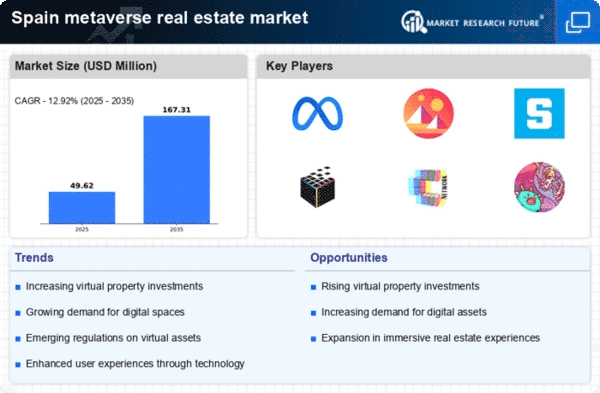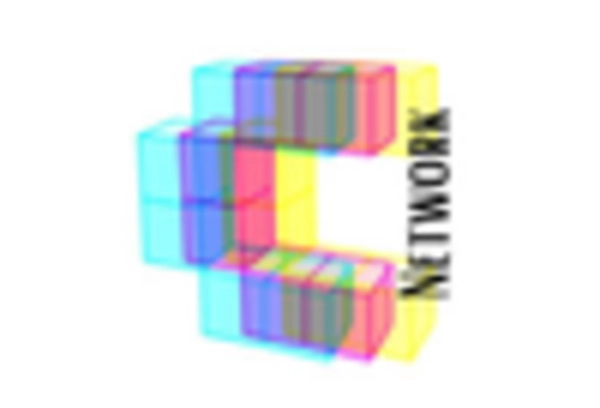Rising Demand for Virtual Real Estate
The metaverse in-real-estate market is experiencing a notable increase in demand for virtual properties. This trend is driven by a growing interest in digital assets, particularly among younger demographics who are more inclined to engage in virtual environments. In Spain, the number of users participating in virtual real estate transactions has surged, with estimates suggesting a growth rate of approximately 30% annually. This rising demand is indicative of a broader acceptance of virtual spaces as legitimate venues for investment and social interaction. As more individuals and businesses recognize the potential of virtual real estate, the market is likely to expand further, creating new opportunities for developers and investors alike.
Regulatory Developments and Frameworks
Regulatory developments are becoming increasingly relevant to the metaverse in-real-estate market. In Spain, the government is exploring frameworks to govern virtual property transactions, which could enhance consumer confidence and market stability. The establishment of clear regulations may lead to a more structured environment for buyers and sellers, potentially increasing participation in the market. As regulatory clarity improves, it is anticipated that the metaverse in-real-estate market will attract a broader range of investors, including those who may have previously been hesitant due to uncertainties. This regulatory evolution could serve as a catalyst for growth, fostering a more robust and sustainable market.
Growing Interest in Digital Asset Investment
The metaverse in-real-estate market is witnessing a growing interest in digital asset investment, particularly among institutional investors. In Spain, the trend is reflected in the increasing number of investment funds focusing on virtual properties. Recent data suggests that investments in digital real estate have risen by 40% over the past year, indicating a shift in perception regarding the value of virtual assets. This growing interest is likely to attract more capital into the market, further legitimizing virtual real estate as a viable investment option. As awareness of the potential returns on digital assets spreads, the market is expected to continue its upward trajectory.
Technological Advancements in Virtual Reality
Technological advancements play a crucial role in shaping the metaverse in-real-estate market. Innovations in virtual reality (VR) and augmented reality (AR) are enhancing user experiences, making virtual property exploration more immersive and engaging. In Spain, the integration of high-quality graphics and interactive features has led to a 25% increase in user engagement with virtual real estate platforms. These advancements not only attract potential buyers but also facilitate more efficient property transactions. As technology continues to evolve, it is expected that the metaverse in-real-estate market will benefit from enhanced functionalities, further driving its growth and appeal to a wider audience.
Increased Collaboration Among Real Estate Firms
Collaboration among real estate firms is emerging as a significant driver in the metaverse in-real-estate market. In Spain, traditional real estate companies are increasingly partnering with tech firms to leverage their expertise in virtual environments. This collaboration is fostering innovation and enabling the development of new virtual properties and experiences. Reports indicate that such partnerships have led to a 15% increase in the number of virtual listings available to consumers. By combining resources and knowledge, these firms are better positioned to navigate the complexities of the metaverse, ultimately enhancing their competitive edge in the evolving market.
















